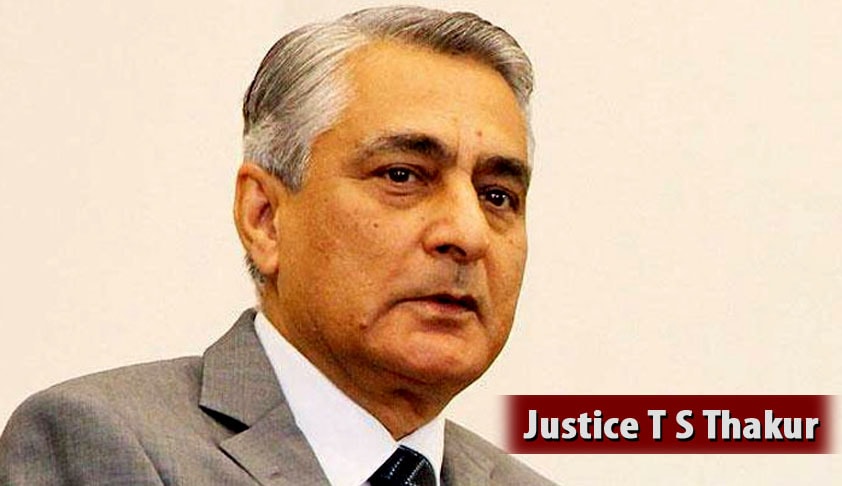- Home
- /
- Top Stories
- /
- More FDI Only If Judiciary Is...
More FDI Only If Judiciary Is Effective: CJI
LIVELAW NEWS NETWORK
24 Oct 2016 9:33 AM IST
“In this country, 18,000 judges are handling 50 million cases. The avalanche of cases is putting the judicial system to tremendous stress. A major concern any foreign investor has regarding safety of his investment is the efficacy of the judicial system of the country where he is going to invest. It is intensively and deeply connected with our ambition of attracting more and more...
Next Story



